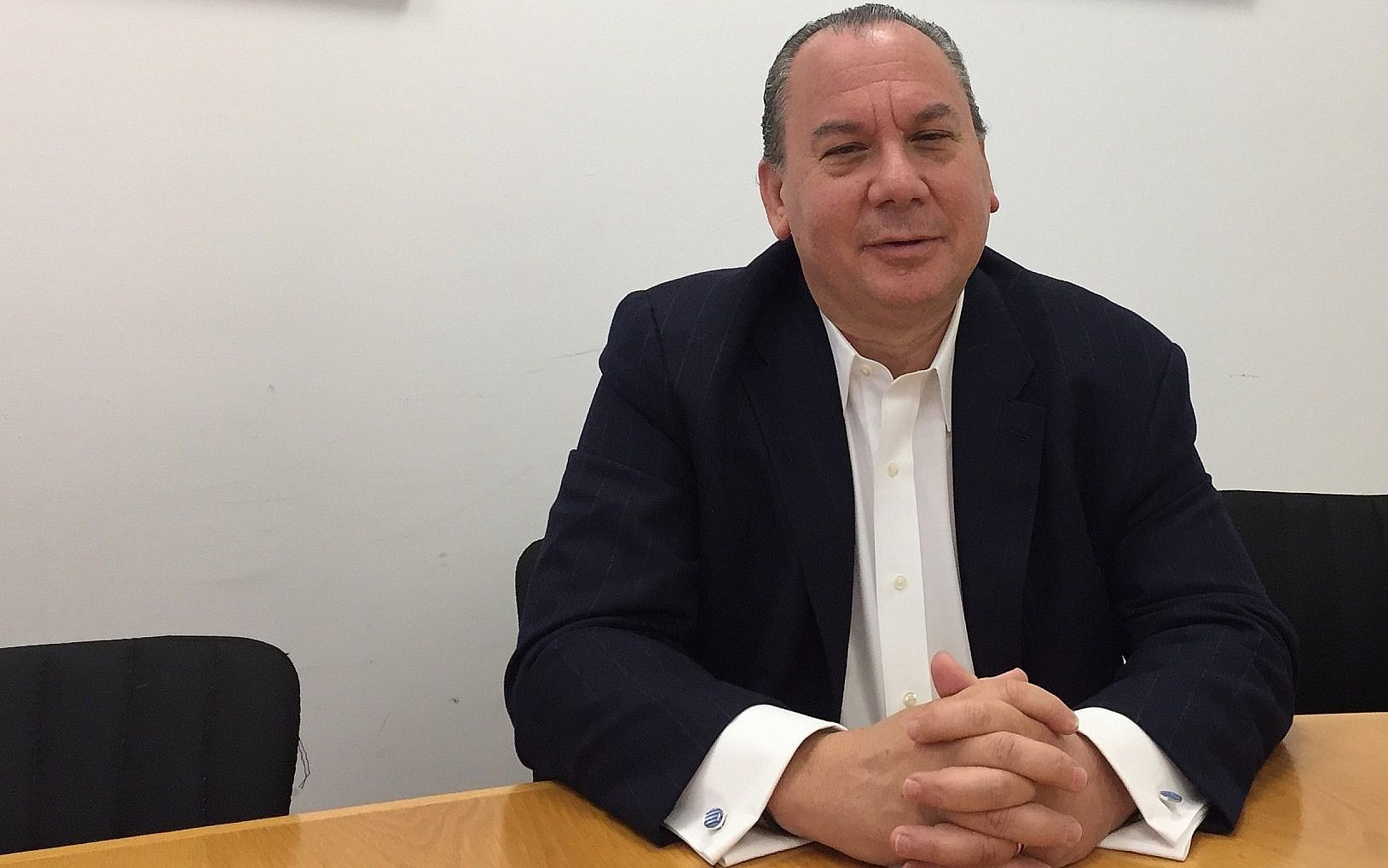
By RABBI MARC SCHNEIER
The eyes of the faithful around the world will focus on the small Arabian Gulf kingdom of Bahrain on Nov. 3-4 as it hosts a historic conference entitled the “Bahrain Forum for Dialogue: East and West for Human Coexistence.”

Participants will include Pope Francis, making the second-ever trip to the Arabian Peninsula by a Catholic pontiff, and prominent leaders across the world’s major religions, such as Ahmed El-Tayeb, the grand imam of Al-Azhar in Cairo. (For the sake of transparency, I will be attending as well alongside several other representatives of global Judaism.)
Media focus will likely be on Bahrain as the symbol of the growing spirit of tolerance and deepening appreciation of religious pluralism that have enveloped the Middle East, including the country’s much larger neighbor, Saudi Arabia.
But such a narrative, while appealing, would miss the obvious to anyone familiar with Bahrain’s history and culture of acceptance. This country has been a beacon of multireligious coexistence for more than a century.
The presence of the pope naturally will shine a spotlight on the Catholic community of an estimated 50,000 people in Bahrain, and the broader Christian community of perhaps three times that number. Although modest by global standards, these mostly expatriate workers together represent about a 10th of the country’s total residents.
Christians are part of Bahrain’s social fabric. Whereas they have suffered persecution and even genocide in other parts of the Middle East in recent history — most horrifically when Daesh controlled parts of Iraq and Syria — King Hamad and Bahrain’s government have gone out of their way to make sure the Christians in Bahrain feel not only welcomed, but also that they thrive as individuals and as a community.
“Christians are only part of Bahrain’s success story. The kingdom is home to many Hindus and Buddhists as well, who practice their religion without hindrance”
Last year, Bahrain inaugurated the Our Lady of Arabia Cathedral complex, the largest church in the Gulf. It sits on 9,000 square meters of land gifted to the community by King Hamad.
Christians are only part of Bahrain’s success story. The kingdom is home to many Hindus and Buddhists as well, who practice their religion without hindrance, and are valued by their neighbors, colleagues and friends.
Bahrain also is the country with the only indigenous Jewish community still in existence on the Arabian Peninsula. This community, while small, is almost 150 years old, has its own synagogue, and has contributed multiple parliamentarians, an ambassador and other successful members of national society. No one in Bahrain sees the Jews of their country as foreign, suspicious or even extraordinary. They are simply Bahrainis of Jewish faith.
There is something unmistakably remarkable about the environment of acceptance in Bahrain.
For several years now, I have served as King Hamad’s special adviser for interfaith affairs, collaborating with government leaders on groundbreaking initiatives to build Muslim-Jewish unity and cement ties of greater unity, both within Bahrain and in the outside world.
I led the first-ever Jewish congregational mission to a Gulf country when I brought the members of the Hampton Synagogue in New York to Bahrain in 2018. I also was part of the Bahraini delegation at the Peace to Prosperity Summit held in Manama a year later. Next month, I will inaugurate the first Arab-Jewish art exhibition in the Gulf.
Through such efforts, large and small, Bahrain is cementing its identity as a place where all members of its society can contribute and succeed.
Bahrain might not be the biggest country in its region or the one that grabs the most headlines, but in many ways it is a trailblazer and a reference point for nearby societies seeking that elusive balance between social unity and the embrace of all peoples and their unique faiths.
It is impossible to imagine today’s blossoming of tolerance in neighboring countries, or even the pope’s first Gulf visit to the UAE in 2019, without the example set by Bahrain.
As we watch history unfold with this next papal visit to the region, I hope that people far beyond the Gulf gain insights into the unique success story of Bahrain, and that their governments and leaders are inspired to emulate such a worthy national project and further carry the torch for a more peaceful, harmonious and resilient global society.
*Rabbi Marc Schneier is president of the Foundation for Ethnic Understanding and a noted adviser to many Gulf states. He is recognized as one of the most influential Jewish figures in the Muslim world. First published October 27, 2022 with a DISCLAIMER by Arab News








